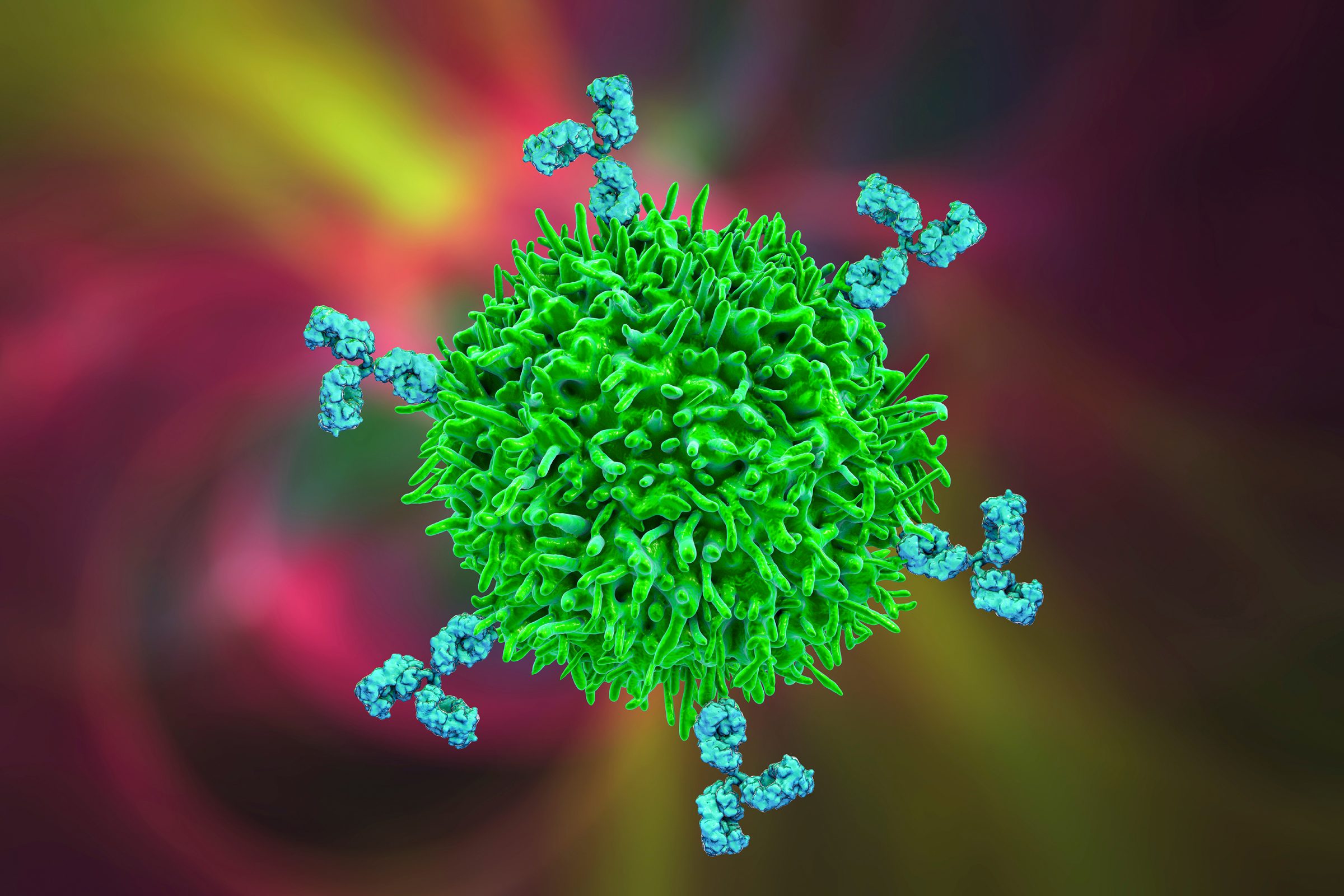Viral infections are extremely common, and most children will encounter at least a couple of infections during their first year of life.
Some viruses, such as respiratory syncytial virus (RSV) or rhino virus (RV) are associated with increased risk of asthma and some, such as Epstein-Barr virus may increase the risk of other diseases later in life. However, the immune mechanisms involved in these secondary complications are not fully understood. It is thought that each individual’s unique biology and environmental exposures, including genes, biological sex, and exposure to UV radiation may influence this risk.
Our team strives to better understand the immune response to virus infection, and how exposure to these infections in early life may predispose individuals to health problems such as allergies and asthma in childhood. We are also investigating the role of adolescent viral infections in the onset of autoimmune diseases including multiple sclerosis (MS) in later life through collaboration with the Perron Institute for Neurological and Translational Science.
Another priority of our team is to understand how sex hormones impact responses to virus, as prior to puberty, asthma tends to be more common in boys whereas after puberty, asthma tends to become more common in girls. Autoimmune diseases are also much more common in women compared to men. The immunological impact of sex hormones is also the focus on our work with how gender affirming hormone therapy impacts the immune system in young transgender individuals.
By studying both antiviral immune responses and hormones, we aim to develop more specific treatments that in the future can reduce the rates of diseases in children and also prevent them from developing autoimmune disease in adulthood.
Our team is involved in several collaborations, including with clinician researchers at Perth Children’s Hospital and St John of God Subiaco Hospital.
- Prof Martyn French
- A/Prof Deborah Strickland
- Prof Aris Siafarikas
- Prof Ashleigh Lin
- Dr Julie Moore
- Dr Ingrid Liang
- Prof Peter LeSouef
- Prof Peter Sly
- Prof Allan Kermode
Team leader

PhD
Head, Translational Immunology
Team members (5)

BSc PhD
Honorary Research Associate

BSc (Hons) MSc PhD
Honorary Research Fellow

Kimberley Parkin
Research Officer

Alice White
Research Assistant

Isabelle Coenen
Research Assistant
Translational Immunology projects
Featured projects
Investigating the role of Neutrophils in Multiple Sclerosis
Neutrophils are a type of immune cell that can trigger inflammation and may play a role in the development of MS.
What is triggering immune reactions in people with MS?
Multiple sclerosis (MS) is a condition where a person's immune system attacks the brain and spinal cord.




